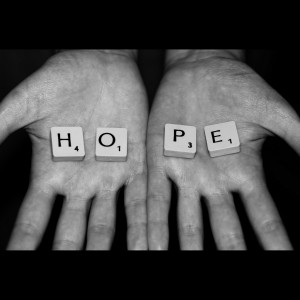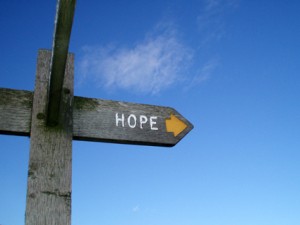
In the room full of mental health practitioners getting a classical primer on mindfulness and Buddhism from Andrew Olendzki, the final question of the day was what I call
 Given that my livelihood is ministry, I encounter this question from congregants on a regular basis. Given that I am a person with an intentionally open heart, I encounter this question in the world on a regular basis. Given that I am a rather imperfect human being with her own sh*t to deal with, I encounter this question within my own heart on a regular basis. It comes up at different times and in different places. It has different expressions and articulations.
Given that my livelihood is ministry, I encounter this question from congregants on a regular basis. Given that I am a person with an intentionally open heart, I encounter this question in the world on a regular basis. Given that I am a rather imperfect human being with her own sh*t to deal with, I encounter this question within my own heart on a regular basis. It comes up at different times and in different places. It has different expressions and articulations.
In this case, a member of the audience asked it this way:
 Just below, at least at the start, is a paraphrase of the presenter’s response, sprinkled liberally and with increasing frequency with poetic improvisation from me:
Just below, at least at the start, is a paraphrase of the presenter’s response, sprinkled liberally and with increasing frequency with poetic improvisation from me:
Don’t start with the hardest, most challenging object to focus your compassion on.
Not the terrorist who has just murdered dozens (or hundreds).
Not the molester who hurt your kid sister (or yourself).
Not the narcissistic megalomaniac who seems to be fomenting fascism in your own backyard.
Start your act of love where you can.
Love everything and everyone you can, as often as you can.
Start, if you must, with a small bug. Start there.
Start somewhere.
And then…
Test the limits of your capacity.
Go out to the edges and feel them, without going over them.
Check out if you can expand them, even the littlest bit, always free to return to your center.
Do this as often as you can.
Be kind and gentle with yourself.
Persist at persistence.
And then…(yes, there’s more)
Trust that there are others who are showing up with compassion for the world.
Some are wiser than you are in this moment.
Some are more clear-sighted than you are in this moment.
Some are more practiced than you are in this moment.
It does not so much matter why they can do it when you cannot, but that they can and that they do.
So you take a break when you need it.
Then step up when you can.
Support these bodhisattvas (that’s Buddhistspeak for compassion-maker).
Explicitly.
Feed them. Bake them a lasagna. Seriously: your local #BlackLivesMatters activists or Showing Up For Racial Justice (SURJ) organizers could use some unexpected sustenance.
Purchase their favorite caffeine-laced beverage (or a month’s rent, if you’ve got it).
Give them a living plant with a big thank you card attached. FYI: in case they don’t have a green thumb, jade plants are super hard to kill.
Pay a living wage for the heart-work they offer this aching work, whether it be art or healing or ministry or permaculture or teaching or community organizing or some other life-giving, justice-making livelihood.
We are all in this together.
It’s not just a sweet sentiment or a marketing tool. It is how the cosmos was created, how it will come to its eventual end, and how it is in this time in-between.
We are all in this together.
We can act like it’s not true, but that doesn’t make it any less true. Just makes us caught up in delusion.
We are all in this together.
That is the most consistent response to
 I have found thus far. Let me know if you come up with something better.
I have found thus far. Let me know if you come up with something better.

One thought on “The Hope Question (Part I)”